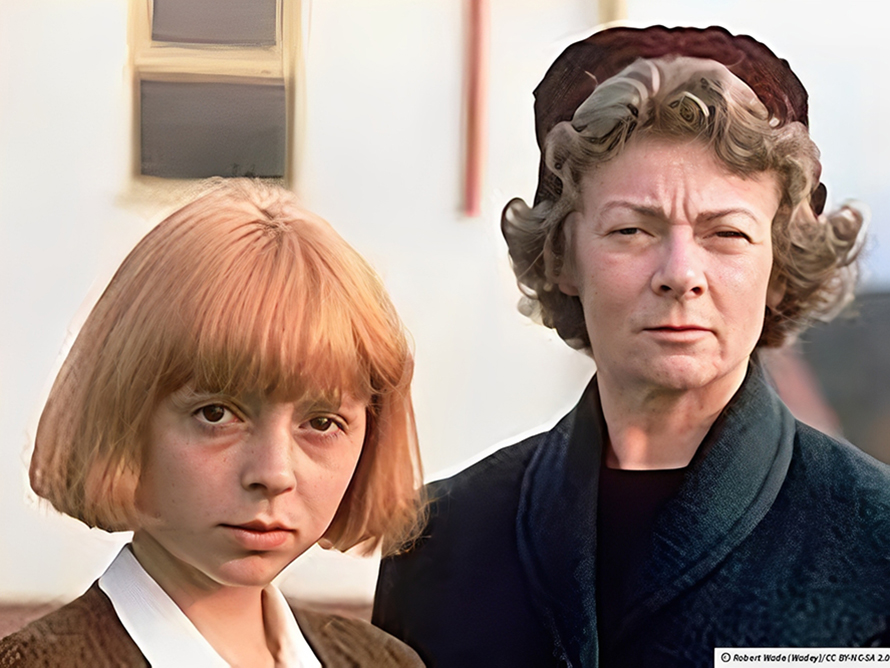Jeanette Winterson was adopted when still a baby. She grew up in a small town in the north of England during the 1960s, her parents both members of a strict Protestant Church. As a child, Jeanette believed she would become a missionary and delivered sermons from the age of six. But, once adolescence arrived, she began feeling attracted to other girls, causing her to question her faith and doubt the religion of her parents. These experiences became the subject of her first novel, Oranges Are Not the Only Fruit, which won a major award when it was published in 1985 and later became a popular television series. The book blends fictionalised accounts of Jeanette’s childhood experiences with imagined scenes that borrow from myths, the Bible and fairy tales, playfully exploring ideas like truth, fiction and the stories people tell themselves. Although it has been described as a lesbian novel, the author rejects this label, arguing that books with gay characters are not “only for queers”. Nonetheless, it presents a moving account of the conflict between faith and love, as the young Jeanette has to decide between loyalty to her family and loyalty to her own identity.
Oranges Are Not the Only Fruit

